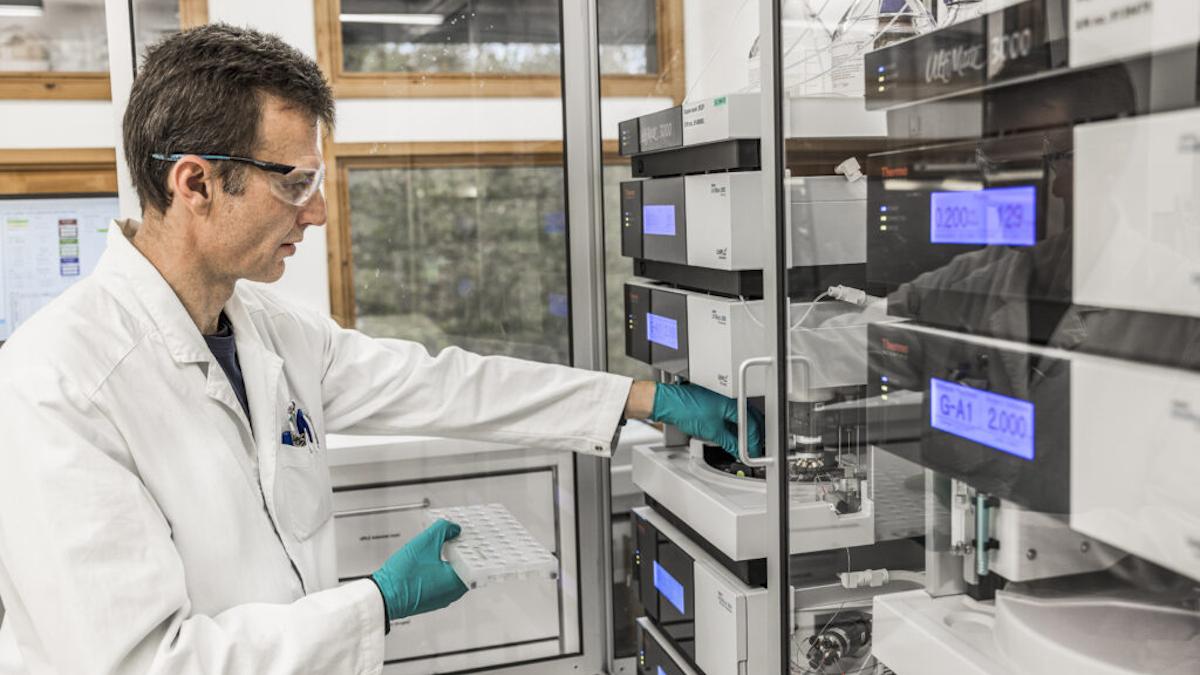AbbVie pays Gubra $350m upfront to enter obesity field

Gubra Laboratory, Denmark
AbbVie has joined the ranks of pharma groups trying to develop weight-loss drugs, licensing a long-acting amylin analogue from Denmark's Gubra in a deal valued at more than $2.2 billion.
The licensing deal – which includes a $350 million upfront payment and up to $1.875 billion in development, commercial and sales milestone payments – focuses on GUB014295, currently in a phase 1 clinical trial.
The runaway success of weight-loss drugs based on GLP-1 agonists like Novo Nordisk's Wegovy (semaglutide) and Eli Lilly's Zepbound (tirzepatide) – which achieved sales of $8 billion and $5 billion, respectively, last year – has led to an explosion of new obesity candidates in the industry pipeline and new biotechs being formed around them.
Dozens of other candidates are in the clinical pipeline, as developers chase a market that analysts at Goldman Sachs have suggested could be worth $100 billion by 2030.
Gubra's primary business is in preclinical contract research services, but it has a fertile peptide-based drug discovery within metabolic and fibrotic diseases that has also generated several obesity candidates. That includes two which are partnered with Boehringer Ingelheim – an agonist of three as-yet-unidentified targets and an NPY2R agonist that was dropped after disappointing early-stage clinical testing – and a long-acting GLP-1 agonist being developed with Amylyx.
GUB014295 is a subcutaneously administered long-acting amylin agonist that also stimulates calcitonin receptors, according to AbbVie. Amylin is a hormone that gives a feeling of fullness in the brain that suppresses appetite, reduces food intake, and delays gastric emptying.
In a six-week, phase 1 study reported last year GUB014295 (also known as GUBamy) achieved 3% weight loss with a single dose.
Novo Nordisk is also addressing this target with CagriSema, a combination of long-acting amylin analogue cagrilintide and GLP-1 agonist semaglutide – which disappointed in its first phase 3 readout – and amycretin, a combined amylin and GLP-1 agonist that has shown weight loss of up to 22% over 36 weeks in a phase 1b/2a trial in obese or overweight patients reported earlier this year.
"At AbbVie, we are focused on transforming the future of patient care in areas where significant unmet need persists," said AbbVie's chief executive Robert Michael.
"Our partnership with Gubra marks our entry into the obesity field, offering a compelling opportunity based on the potential to address patient needs while also fostering long-term growth for our company."
With GUB014295 now partnered, Gubra's attention will switch to its next in-house obesity programme, UCN2, which has been shown to prevent the loss of lean muscle mass associated with GLP-1 agonists and other obesity therapies in preclinical testing.












